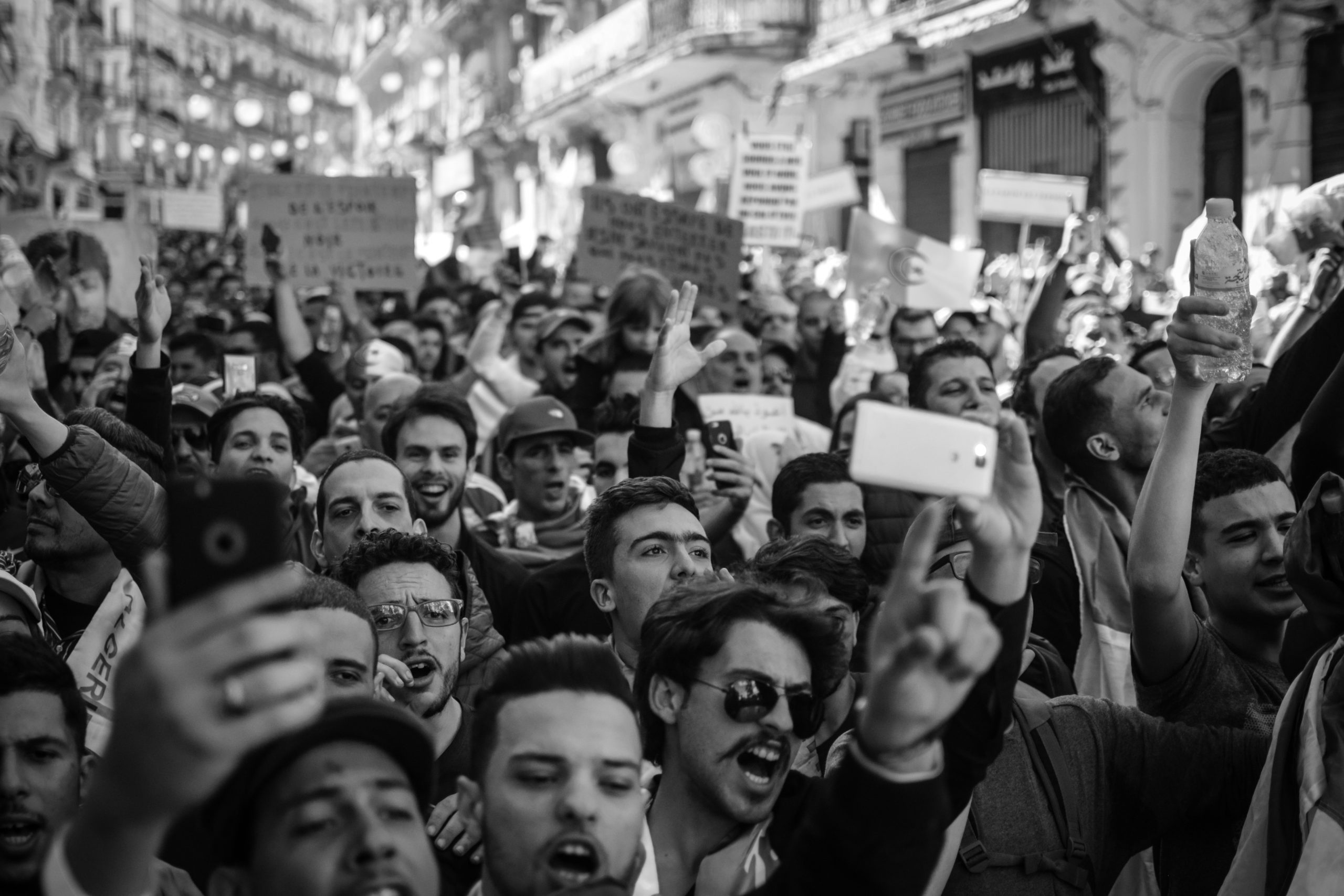Algerian Food Crisis
In 2011 the world saw a fracture in food security, with wheat costing an all-time high in the UK, with Russia importing more for its livestock. In January of 2011, the U.N. Food and Agriculture Organization announced that its food price index for December hit an all-time high. This caused tensions and conflicts internationally, but none more apparent than Algeria which saw riots and protests.
The long-term causes of the food crisis were population growth, rising affluence that was changing diets and increased use of bio-fuels. In 2007, world food prices increased significantly due in part from droughts in grain-producing nations and rising oil prices, which saw more nations turn to bio-fuel. Oil prices also increased the cost of production and transportation, which impacted producers.
Algeria is one of the largest countries in Africa, and it is almost four times the size of France! Its capital is Algiers, and it is a seaside city. About 90% of Algerians live in the northern coastal area, and the city is densely populated compared with the rest of the nation. It’s history is diverse, and although its official language is Arabic, French colonialism means that French plays a prominent role in society.
What happened?
In 2011, Algeria protested food shortages and price hikes, coupled with unemployment. Although the riot was not solely about food insecurity, it played a large role in sparking the riots. In 2011, prices of basic foodstuffs like oil, sugar and flour rose significantly in Algeria, both in line with global trends but also reflecting newly imposed regulations. In response, there were riots which initially were localised but grew in number.
The domestic response to the riots, which saw sacked government buildings and arson, caused a forceful government response in an-riot police to disperse the crowds. Although rioters protested rising living conditions, unemployment and lack of political freedom, they need not have any strong allegiance to any particular political party, organisation, or trade union. As rioting gained momentum and groups started to unify and oppose the sitting government, concessions were made in trying to lower prices and ending their ‘state of emergency’ which gave them ruling powers.
As the year progressed, riots continued and marches were organised, met with government resistance. The riots were not limited to Algeria, but various other parts of the continent and the world. As other surrounding nations protested against corrupt governments and fought for greater liberation, the riots did not cease, but now the cause went beyond food prices and food insecurity. The stock market fluctuated from February as the instability continued.
Internationally, Europe and the USA appealed to the Algerian government to listen to its citizens and cease violence against citizens. The protects in Algeria did not gain as much momentum as in Tunisia, as the wealth from exports managed to satiate public unrest through food subsidies and short-term loans. The unrest however did not cease entirely and food crises have continued since 2011. As recent as 2022, in response to food shortages in 2021, the Ministry of Commerce banned the sale of cooking oil to minors under the belief minors are being made to bulk-purchase goods.
What is causing the food shortages?
Over the last thirty years, the Algerian Government has approved a series of decrees to limit the price of goods, a way to control the cost of goods and ensure affordability for the many. However, the plan to stabilise the cost of goods has also made it less profitable for producers and sellers, meaning they are diverting their stock to black markets where they make bigger margins.
Algeria is also heavily reliant on imports of primary goods, which can be costly. Despite government efforts to diversify the economy and to undermine the need for imports, there remains a deficit in meeting supply and demand. The Algerian Government has banned the import of certain goods to encourage the nations own production. Lack of logistical planning and support however has not translated the result of the ban into benefits, causing instability.
There also remains the legacy of social welfare policies, which have existed since the 1990s during a major riot. The social welfare policies to subsidise food and oil has managed the ruling elites position in controlling the population. These policies of state intervention however have meant that private markets and profits are stifled and this can deter investment and desire to supply beyond means, as a limited supply drives up demand and costs. The cost of oil has increased globally, but the Algerian Government has continued to subsidise at great cost. The ongoing depreciation of the national currency, the dinar, could result in higher inflation rates and push the affordability of goods also.
In summary the social-welfare policies that continue to subsidise living and the international market turmoil, coupled with the depreciating currency and bans on imports, has resulted in crises after crises. The fear of political upheaval and successive governments trying to satiate the masses has led to a stagnating economy and lack of desire for producers to produce. The government has recently been able to accommodate less violent protests and prevent major riots as seen in 2011, but there remains the long-term concern over stability.



